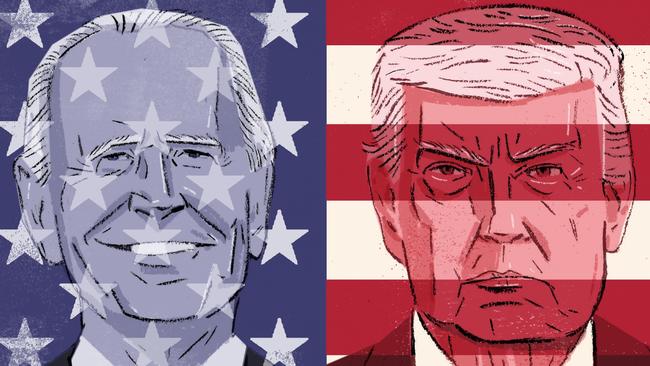
Trump has been a terrible president. He has divided Americans, deliberately deceived and lied, trashed the moral norms and conventions of politics, treated his opponents and the media as the enemy, undermined the post-war liberal order and diminished alliances abroad. Faced with a great test — COVID-19 –— he failed abysmally.
But it is Trump’s autocratic instincts that would most concern the founders. He has destabilised and damaged institutions of governance, especially the Justice Department, treated his cabinet with disdain and cozied up to dictators and despots. He believes he is above the law.
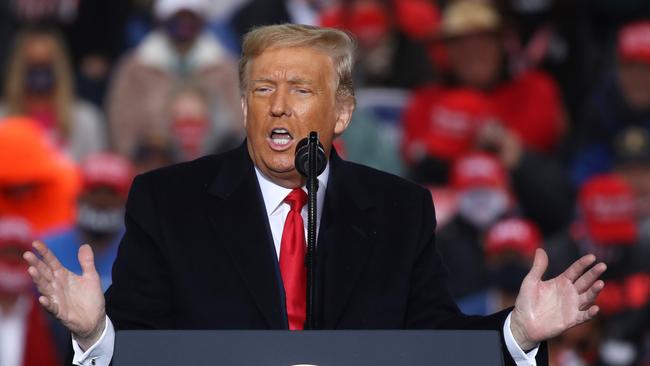
In his campaign for re-election, he has done what no other modern president ever contemplated: systematically attacked the integrity of the voting process. He has already declared the election to be “rigged”, said he may not depart if defeated, encouraged his supporters to intimidate voters and endorsed voter suppression efforts by Republican officials. How can anyone defend this tyrannical behaviour?
It is enough to make Pulitzer Prize-winning historian Joseph Ellis worry that the republic itself may not survive if Trump is re-elected. Ellis has written extensively on the founding generation and is the pre-eminent historian of the early republic. His book, Founding Brothers (2001), is one of the finest written about the revolutionary era.
“The founders would be surprised that it’s taken this long to have a full-fledged demagogue as president,” Ellis told me in an interview. “What did worry Washington more than anybody else is that when the level of partisanship reaches a certain scale, the republic becomes vulnerable to demagogues in the way that Greece and the Roman republic became vulnerable.”
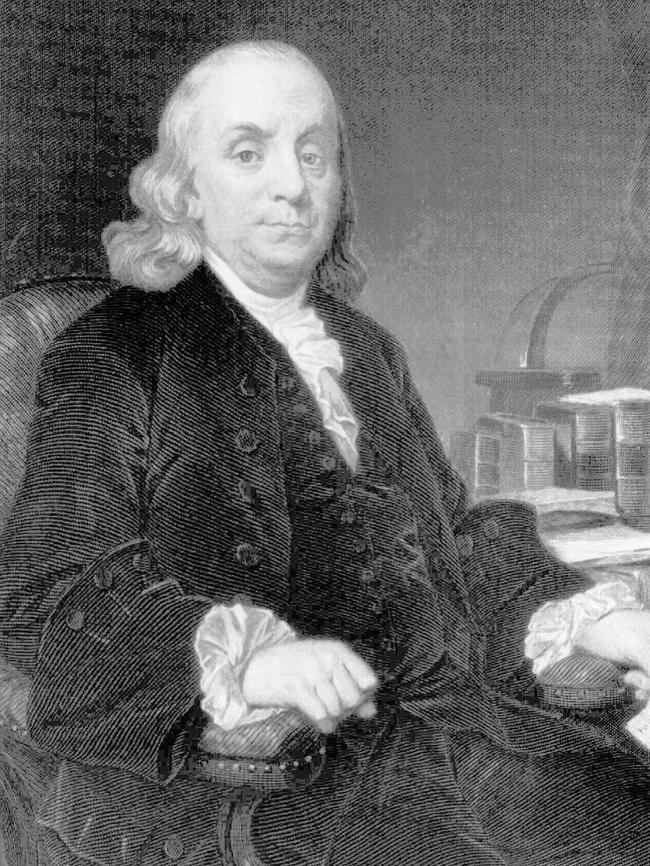
“When Franklin was being carried back to his quarters from the constitutional convention in September 1787, by prisoners from the Philadelphia prison, a woman came up and said ‘Mr Franklin, what have you done?’ Franklin replied, ‘Madam, we have given you a republic — if you can keep it.’ It’s lasted over 230 years. But Trump is a threat to its persistence. If he wins a second term, it has the potential to make it the last years of the American republic.”
In his biographies of Washington, Adams and Jefferson, and especially in his book The Quartet (2015) which documents how the constitution was drafted, debated and adopted to form a national government, Ellis wrote that the founders were bitterly divided, but they could still compromise for the collective good.
His book American Dialogue (2018) sought to channel the founders to help make sense of where the US finds itself today. Their “greatest legacy,” he wrote, “is the recognition that argument is the answer”. Today’s politicians have forgotten how to argue and debate, and work together, in a spirit of progress. The media has become more partisan and voters would rather have their prejudices confirmed than challenged.
“There are three rules in national politics now: money, money and money,” Ellis says. “Politics has been weaponised and money drives all. One of the big reasons for the inability to have the kind of dialogue the founders embodied is the internet. People are not getting their news from mainstream (media outlets).”
Trump is not entirely to blame for this but he has turbocharged the degeneration of US politics and the degradation of the presidency.
He is not the first president guilty of immorality of illegality, yet there is no precedent for Trump or his style of politics which has proven so deadly during a pandemic.
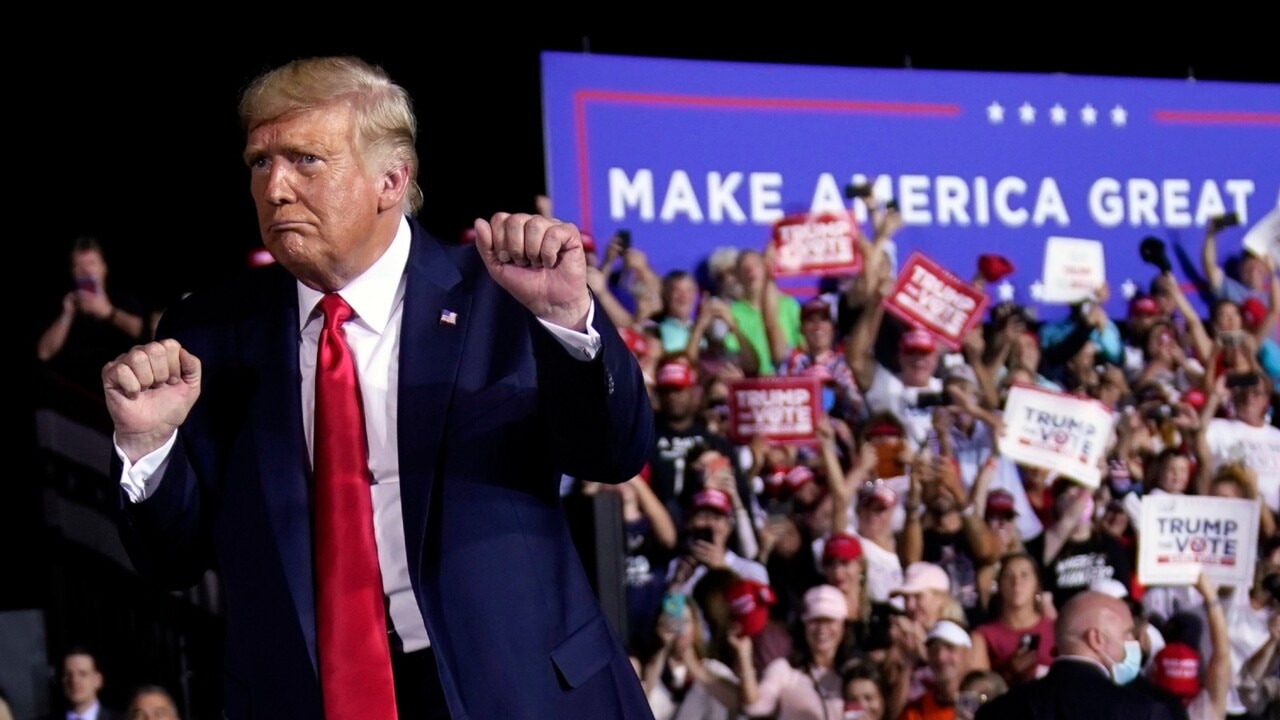
Washington shaped and defined the office of president, and set the standard for presidential behaviour. It is almost universally agreed among historians and political scientists that the three greatest presidents are Washington, Abraham Lincoln and Franklin D. Roosevelt, although they disagree on the order. Ellis says “judgment and leadership” is what set them apart from other presidents and exposes how distant they are from Trump.
Ellis concedes his contempt for Trump has lost him some readers. Because he teaches and writes about the founding era, many of his fans are conservative. But Ellis is unapologetic. “In addition to being a historian, I’m a citizen and I see Trump as a genuine threat to the viability of the American republic,” he says. “That is worthy of speaking out.”
So, does Ellis have an election prediction? “Historians are really brilliant about predicting the past,” he jokes. “But we’re not as good as your basic Las Vegas odds-maker when it comes to contemporary elections.” Still, he offers a forecast: “(Joe) Biden will win comfortably or by a landslide and the Democrats will take the Senate.”
A Biden victory, Ellis argues, will see a new approach to dealing with racial issues — “America’s original sin” — a different style of global leadership that is more cooperative with allies and less about “American exceptionalism”, and a return to a more normal presidency.
“I think we have the potential to become ‘a city on a hill’ again,” he says.
Trump’s defeat would affirm the faith that the revolutionary era of US politicians had in what they, working together in a spirit of co-operation and compromise, had fought for and struggled to create, and hoped would endure – even if challenged by a demagogue in the White House.


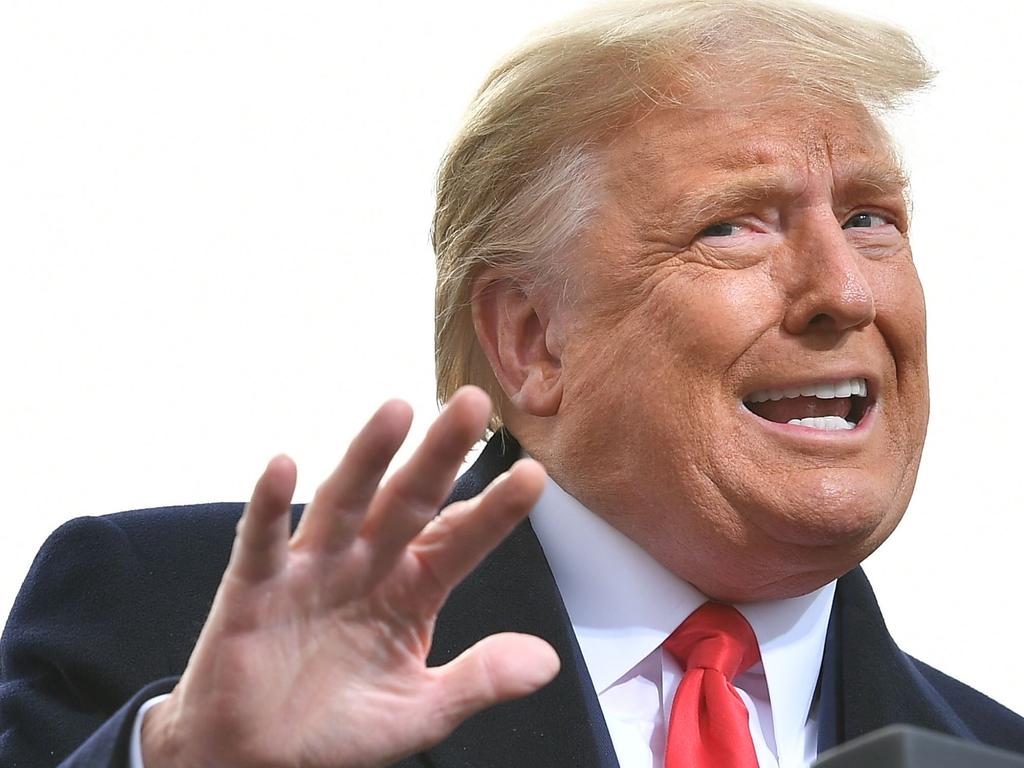

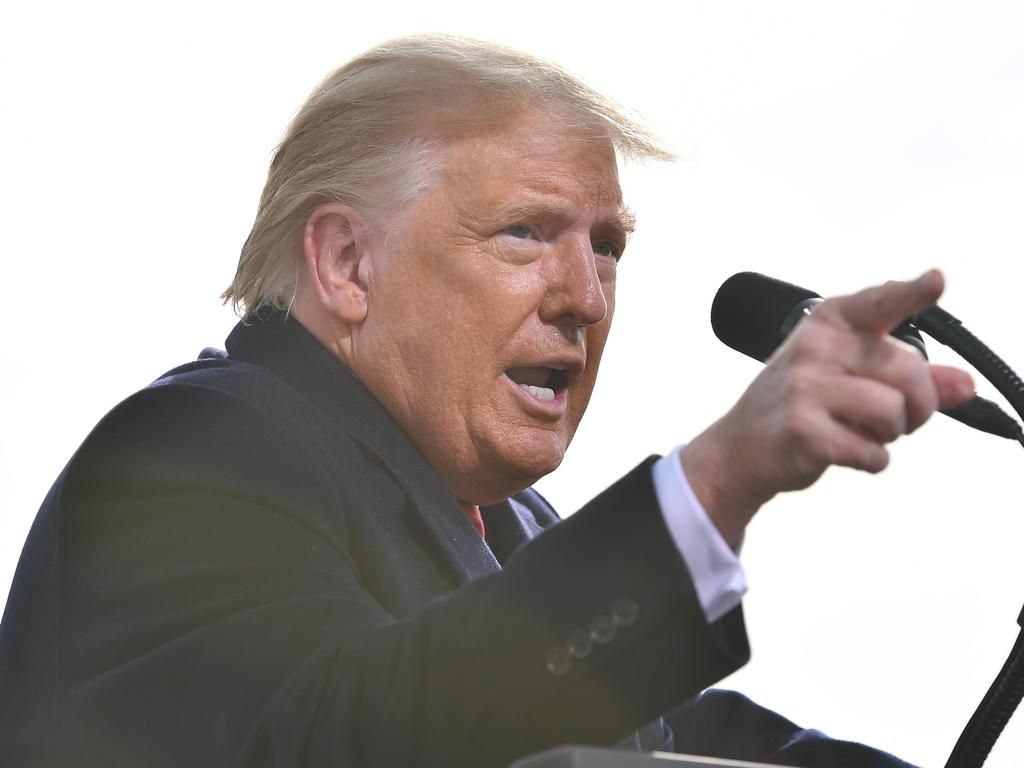



The revolutionary generation that founded the American republic would be appalled by Donald Trump but not surprised. Those remarkable though flawed men — George Washington, Benjamin Franklin, John Adams, Thomas Jefferson, James Madison, Alexander Hamilton — warned about the dangers of tribalism, permanent division and a populist demagogue in the presidency.